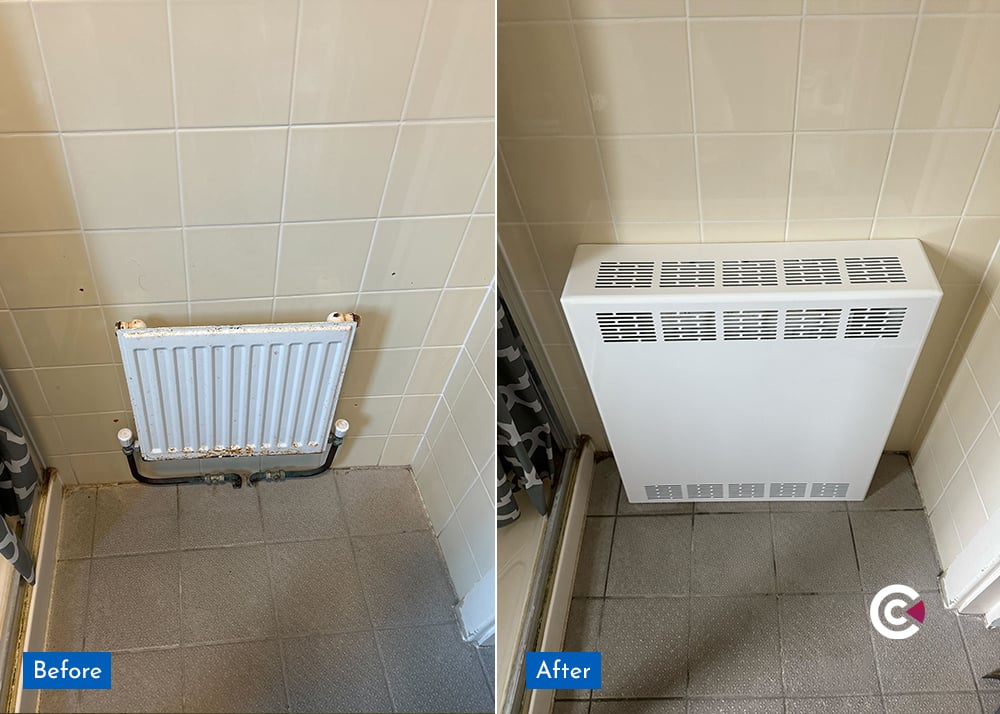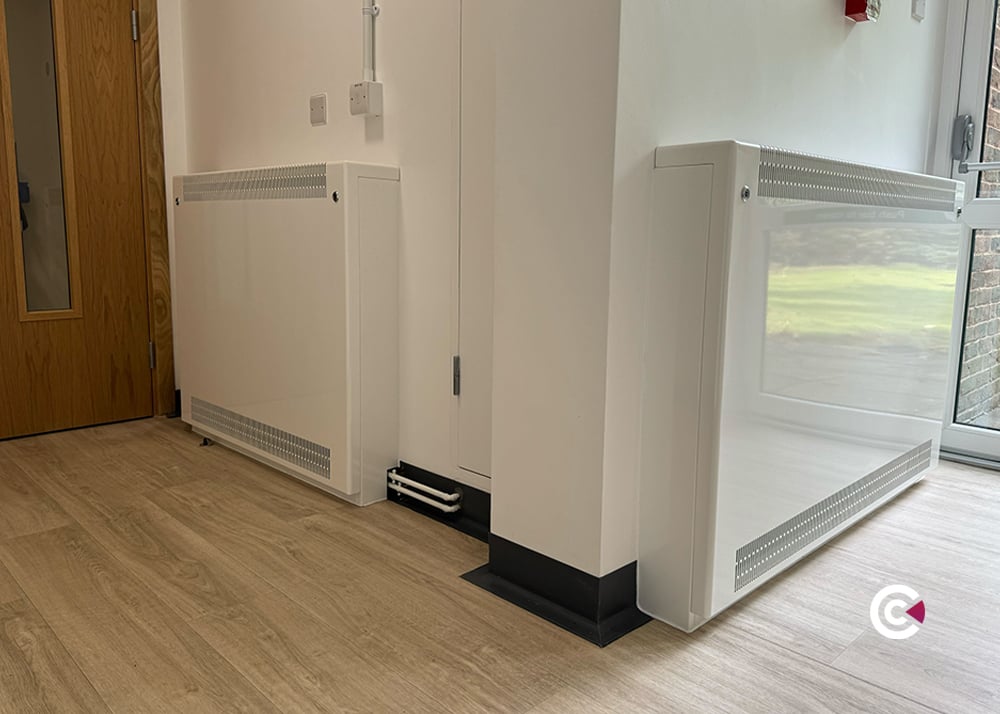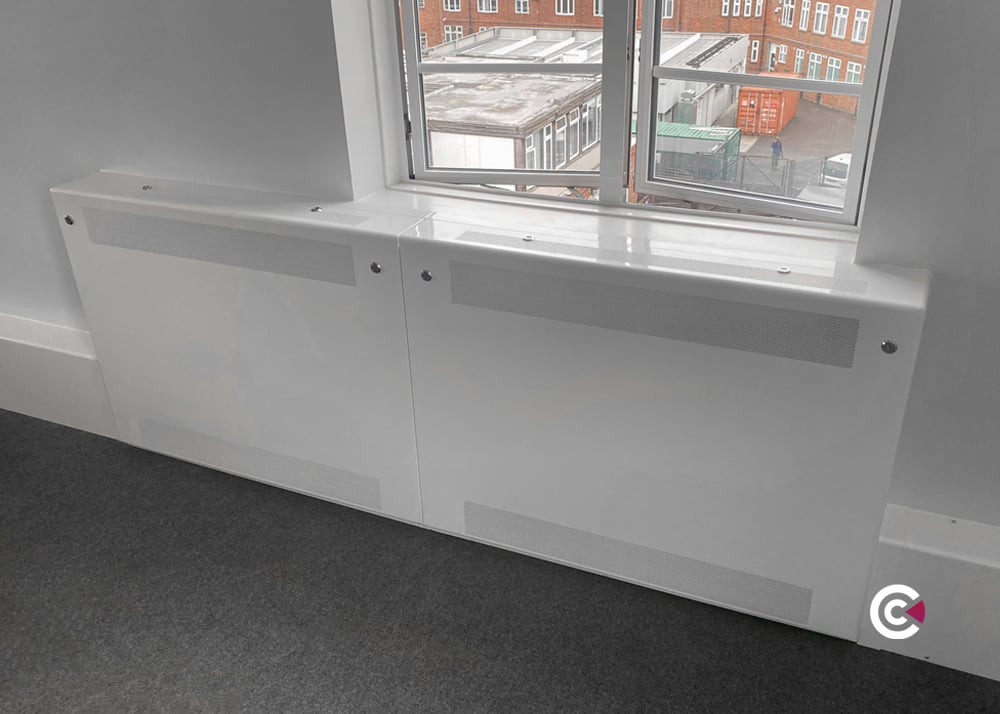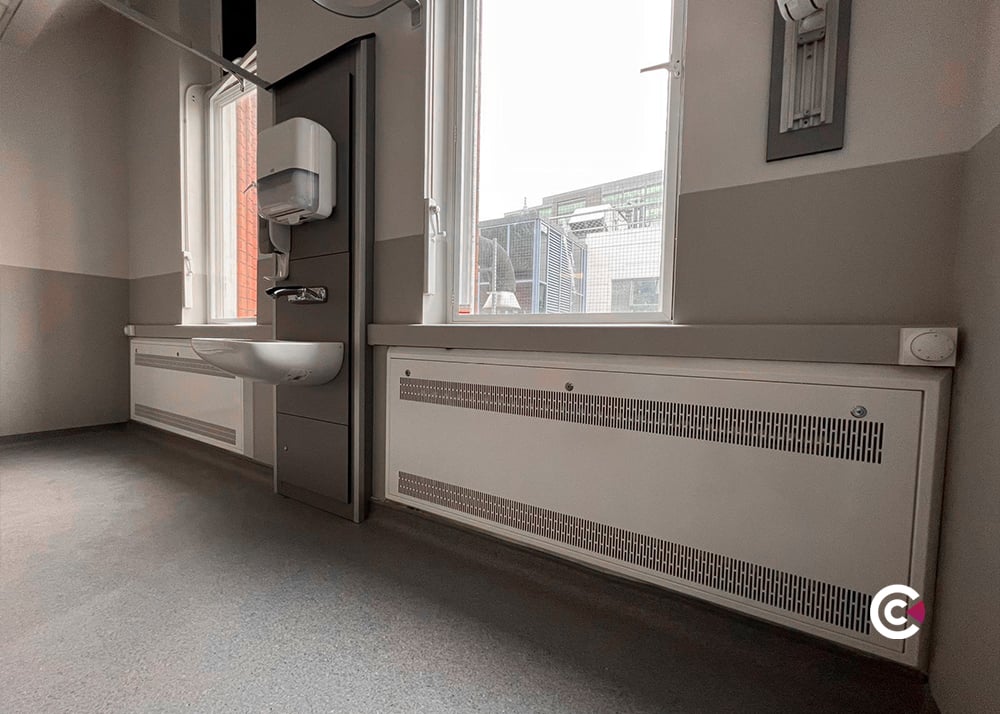Suicides by hanging and strangulation present significant concerns in psychiatric wards, and recently a health board has been fined £235,000 after a patient took their own life while receiving care at a mental health facility. These incidents highlight the importance of anti-ligature designs in mental healthcare facilities. Patients in mental health facilities facing emotional distress or psychiatric symptoms are often exposed to a higher risk of self-harm.
Conventional designs with traditional fixtures and fittings within mental healthcare environments can pose significant potential risks, leaving service users vulnerable to self-harm or suicide attempts. As such, a crucial step in enhancing healthcare facilities is the adoption of anti-ligature products.
What Are Ligature Points?
The New England Healthcare Engineers' Society (NEHES) defined ligature points as fixed points within a facility where patients can tie, wedge, or hold a ligature to bear their weight, either wholly or partially.
These ligature points pose a serious risk to patients' safety, particularly in mental healthcare settings where service users might be more vulnerable to self-harm or suicide attempts. Examples of common ligature points include shower rails, coat hooks, radiators, pipes, bedsteads, window and door frames, TV units, handles, hinges, and closures.
Anti-Ligature Products
Specialist products like anti-ligature radiators, lightswitch, thermostats and TV units are designed to eliminate or minimise the risk of ligature attachment points in mental healthcare environments, reducing the risk of injuries and fatalities.
Anti-ligature products are often engineered with rounded edges, tamper-proof fasteners, and robust materials that cannot be easily broken or fashioned into ligature points. They should also be durable enough to withstand rigorous conditions in healthcare facilities.
How Can Anti-Ligature Products Improve Mental Healthcare Facilities?
Anti-ligature products, like the DeepClean Extra range, offer a viable solution to prevent patients from using ligatures to harm themselves. With features like a full frame design with internal fixings and IP3X rated grilles, they help prevent patients from tying ropes or cords around radiator components to create ligature points.
They offer a transformative approach to enhancing mental healthcare facilities by eliminating ligature attachment points. They allow you to create a safer environment for service users whilst also better supporting the healthcare staff, encouraging them to deliver improved services.
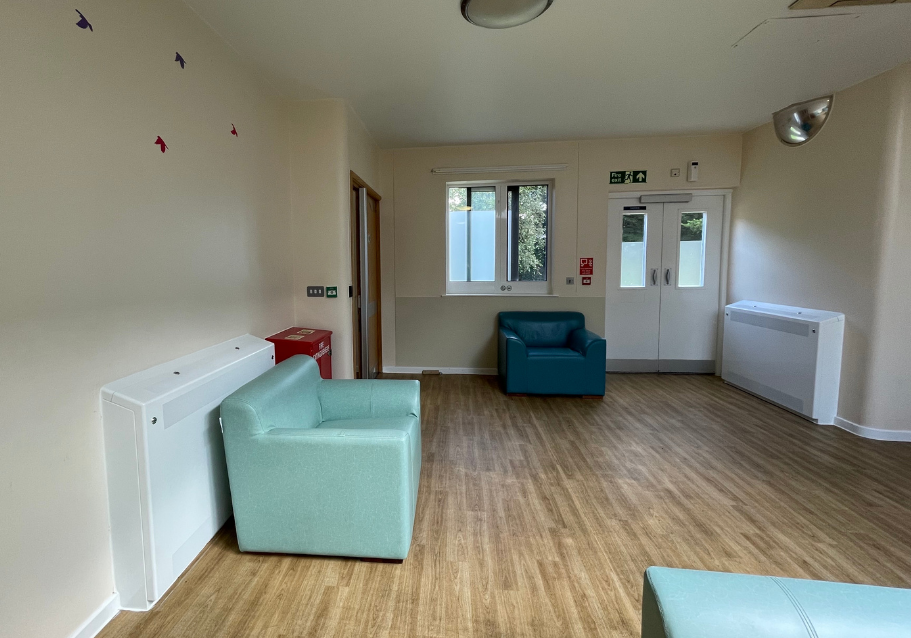
Reduction In Risk Of Self Harm
A national study conducted in 2012 revealed that out of the 448 suicides that occurred in psychiatric wards, a staggering 77% were by hanging. Alarming new figures have also shown an 11% increase in ligature incidents in 2019 compared to 2018, with a further 13% increase between 2019 and 2020. These numbers indicate a pressing need for effective anti-ligature solutions in mental healthcare facilities.
The implementation of anti-ligature heating systems can remarkably lower suicide rates by eliminating ligature points and reducing opportunities for self-harm. Given that mental healthcare patients spend extended periods in these facilities, it becomes imperative for healthcare facilities to be proactive in removing any possible risks to promote a safer environment for patient recovery.
Positive Impact on Patient Recovery and Well-Being
Ligature risk remains a top concern on the Care Quality Commission (CQC) list of priorities during inspections, which determine the continuity of healthcare services. With anti-ligature products, you can be confident that you’re creating a secure environment that contributes to patient stress reduction and improved treatment outcomes.
However, overly stringent measures may inadvertently antagonise patients, leading to increased ligature appetite. So, it’s important for designers and architects to strike a balance and ensure that the space design and specified products create a homely and safe atmosphere, without triggering distress in service users.
Better Working Environment for Mental Healthcare Staff
The incorporation of anti-ligature products goes beyond protecting patients; it also improves the well-being of healthcare staff by creating a safer, more manageable and efficient working environment. The reduction in ligature risk can ease the emotional burden on healthcare staff, who often find themselves at the forefront of crisis management and patient care.
Staff members get to focus on providing exceptional care and therapeutic support without added concerns about potential hazards, which helps foster a more supportive and compassionate approach to patient treatment, enhancing the overall service user experience.
Improving Your Mental Healthcare Facility With DeepClean Extra
DeepClean Extra is a specialist range of heating solutions designed and engineered to minimise the risk of self-harm and for installation in secure environments, such as mental health facilities, prisons, SEN Schools, custody and remand units.
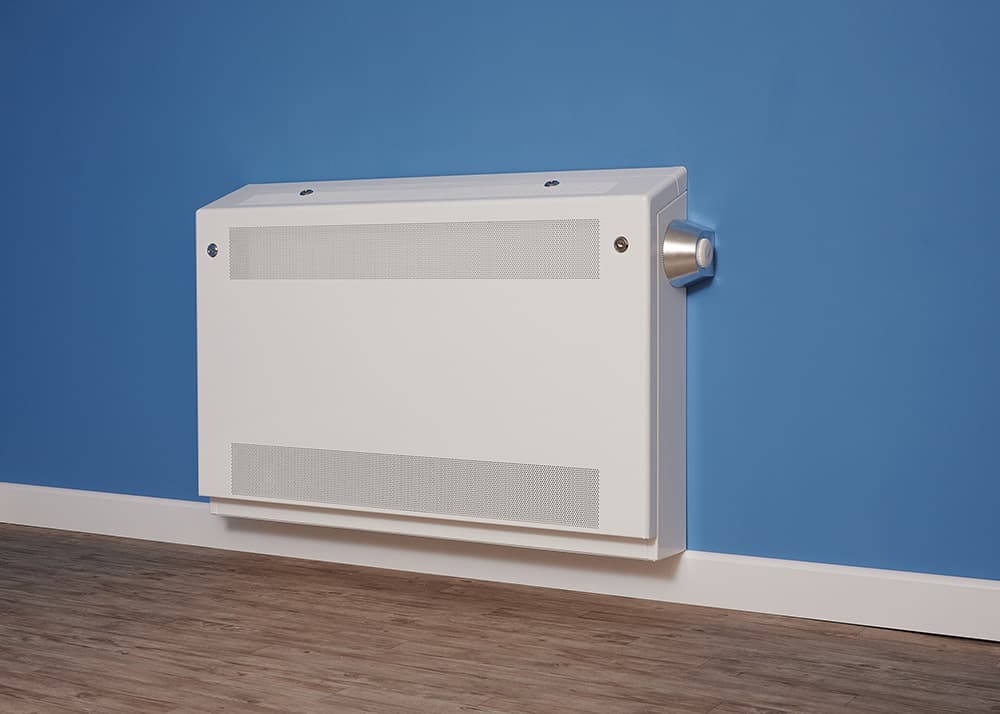
Removing potential tamper opportunities and ligature points in locations such as these, are key considerations. The anti-ligature design incorporates IP3X-rated grilles tested by a UKAS-accredited laboratory and certified to protect against the ingress of objects greater than 2.5mm in diameter. Anti-ligature TRV kits are also available to allow service users to take control of their heating to increase comfort levels.
Get in touch today and book a free consultation with one of our heating experts to discuss anti-ligature heating solutions for your facilities.
FAQ's
Q1: What are ligature points, and why are they a concern in mental healthcare facilities?
A1: Ligature points are fixed points within a facility where patients can tie, wedge, or hold a ligature to bear their weight, posing a risk of self-harm or suicide. In mental healthcare settings, these points are a serious concern due to the vulnerability of service users to self-harm.
Q2: How do anti-ligature products contribute to enhancing healthcare facilities?
A2: Anti-ligature products, such as the DeepClean Extra range, eliminate or minimize ligature attachment points in mental healthcare environments. These products, designed with rounded edges and tamper-proof features, create a safer environment for patients, support healthcare staff, and encourage improved services.
Q3: What role do anti-ligature products play in reducing the risk of self-harm in mental healthcare facilities?
A3: Anti-ligature products help lower the risk of self-harm by eliminating ligature points. Studies show that a significant number of suicides occur through hanging, and the use of such products can reduce these incidents, creating a safer environment for patient recovery.
Q4: How do anti-ligature products impact patient recovery and well-being?
A4: Anti-ligature products contribute to patient stress reduction and improved treatment outcomes by creating a secure environment. However, it's important to balance safety measures with a homely and safe atmosphere to avoid distressing service users.
Q5: What benefits do anti-ligature products offer for mental healthcare staff?
A5: Incorporating anti-ligature products not only protects patients but also improves the well-being of healthcare staff. By reducing ligature risk, staff can focus more on providing exceptional care and support, leading to a more compassionate approach to patient treatment and enhancing the overall user experience.
-1.png)

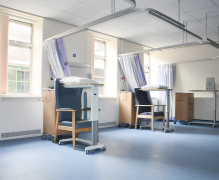
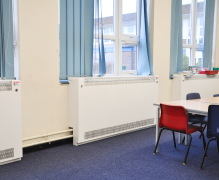
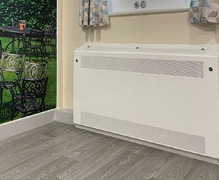
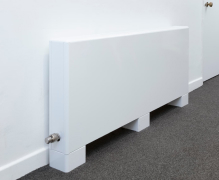

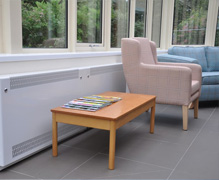

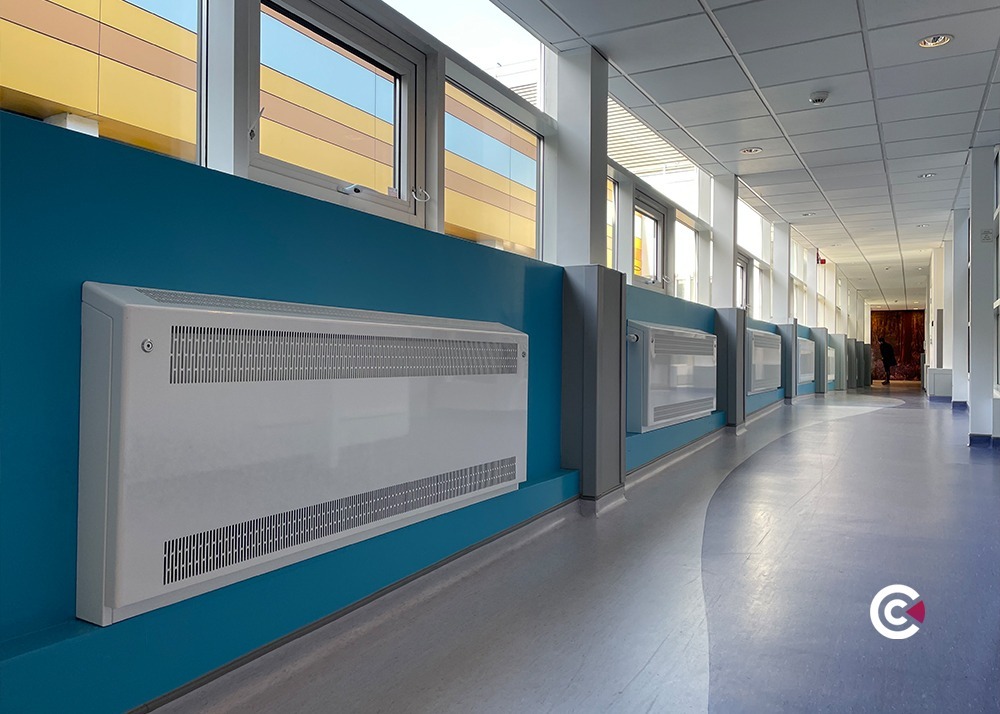
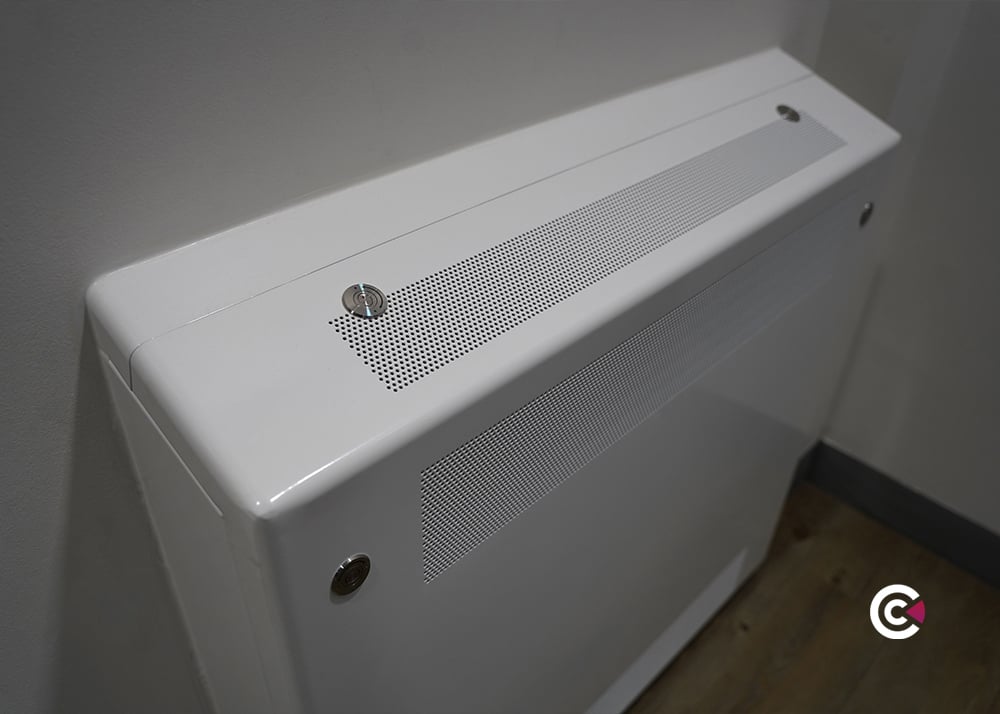

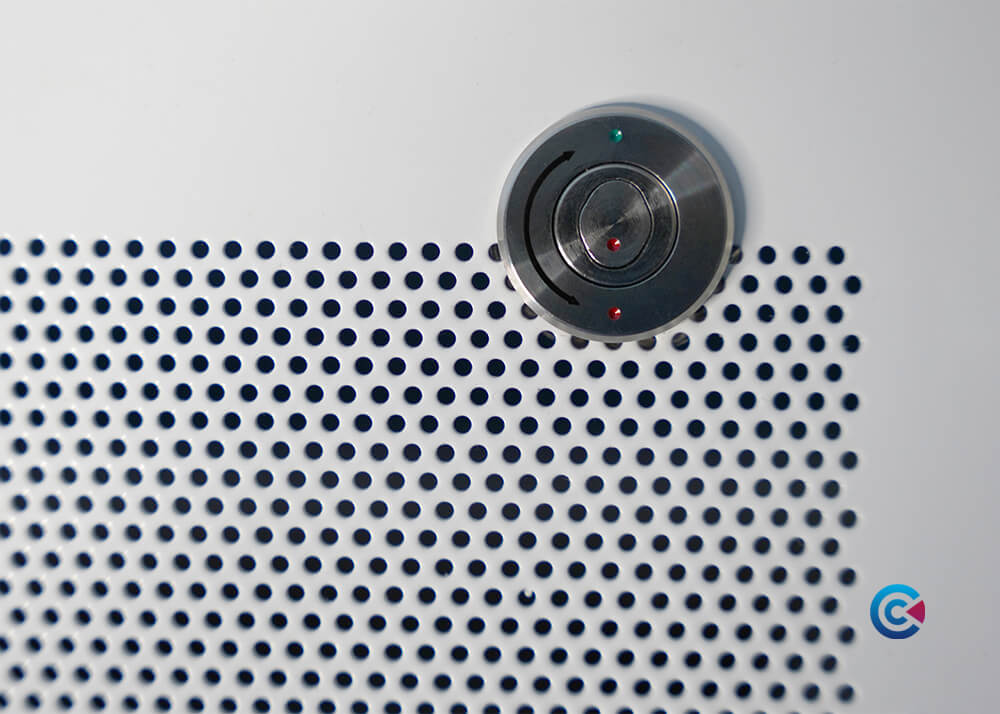





/anti-ligature%20vent%20grilles.jpg)

